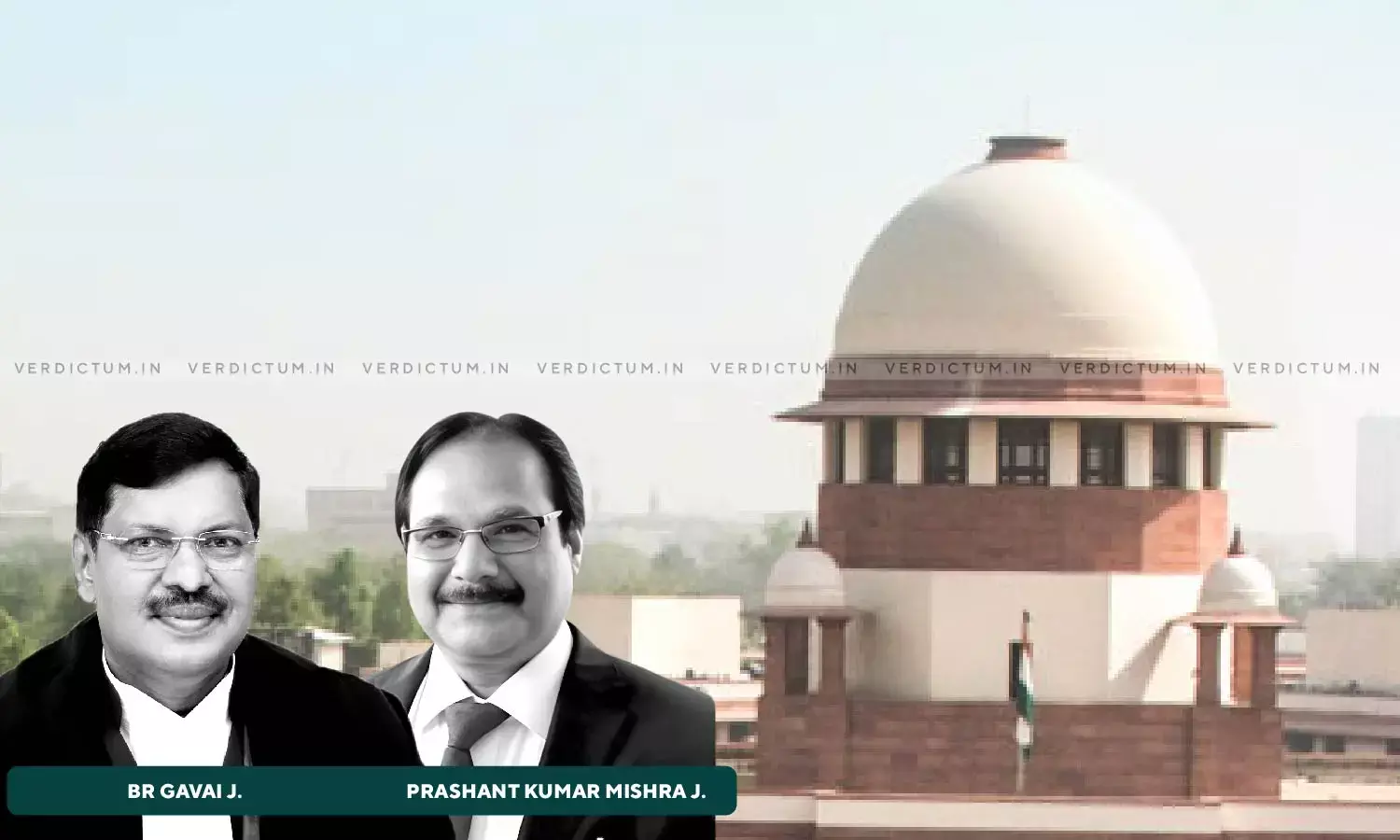‘No Possibility Of Couple Staying Together’: SC Dissolves Marriage Of NRI Couple On Ground Of Irretrievable Breakdown Of Marriage

The Supreme Court dissolved the marriage of an Indian couple with Canadian citizenship on grounds of irretrievable breakdown of marriage.
The Supreme Court considered the question of whether a decree for divorce could be granted if a marriage had irretrievably broken down.
The Court exercised its power under Article 142 (1) of the Constitution and observed that the wife had not appeared in proceedings for restitution of conjugal rights as well as for the divorce, which indicated her wish to not continue the marital chord and suggested an irretrievable breakdown of marriage.
Justice B.R. Gavai and Justice Prashant Kumar Mishra observed, “We see that the parties are residing separately since February, 2011 and there have been no contact whatsoever between them during this long period of almost 13 years…It seems she is no longer interested in continuing the marital relations with the appellant. Therefore, we have no hesitation in holding that the present is a case of irretrievable breakdown of marriage as there is no possibility of the couple staying together.”
Senior Advocate Yasobant Das and AOR Dhananjay Bhaskar Ray represented the appellant.
The husband and wife were Indian citizens by birth but later acquired citizenship in Canada.
The husband experienced several medical problems coupled with the recession in Canada, due to which he lost his job and had to return to India with his wife and son. The wife left her matrimonial house after coming back to India and refused to resume matrimonial life unless the husband separated from his family and resided in a separate household.
The couple had been living apart for thirteen years on account of the husband’s inability to accede to the demand of the wife.
The husband had filed for a divorce on the grounds of cruelty and desertion.
Both the family court and the Bombay High Court dismissed the petition for dissolution of marriage by a decree of divorce as none of the grounds of cruelty or desertion were proved.
The Supreme Court relied on the judgment in Shilpa Sailesh v. Varubn Sreenivasan (2023) SCC online SC 544 where it was established that “exercise of jurisdiction under Article 142 (1) of the Constitution of India is clearly permissible to do ‘complete justice’ to a ‘cause or matter’ and this Court can pass an order or decree which a family court, trial court or High Court can pass and when such power is exercised, the question or issue of lack of subject-matter jurisdiction does not arise.”
The Court remarked that the parties had been residing separately since 2011 and there was no contact between them for almost thirteen years. The wife did not respond to the summons issued by either of the courts which proved that she was not interested in continuing the marital relations with the husband.
Considering that the couple could not stay together, the Court held it to be a case of irretrievable breakdown of marriage.
Accordingly, the Supreme Court allowed the appeal.
Cause Title: Prakashchandra Joshi v. Kuntal Prakashchandra Joshi @ Kuntal Visanji Shah (2024 INSC 55)

